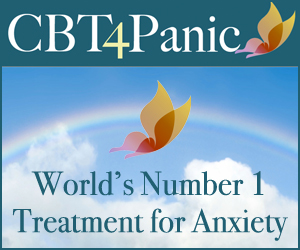Mental Health Disorders and Teen Substance Use.
Teen substance use and mental health disorders are deeply interconnected, with each influencing the other in various ways. Adolescence is a critical period of development, and the pressures and challenges teens face can sometimes lead to mental health issues or substance use as a coping mechanism. Here’s a closer look at the relationship between the two:
1. Prevalence of Co-occurrence
- High Overlap: Many teens who struggle with substance use disorders (SUDs) also have co-occurring mental health disorders such as depression, anxiety, ADHD, or trauma-related conditions.
- Self-Medication: Some teens may use substances like alcohol, marijuana, or other drugs to self-medicate symptoms of their mental health issues. For example, a teen with anxiety might use alcohol to ease social fears.
2. Risk Factors
- Biological Factors: Genetic predispositions can increase the risk of both substance use and mental health disorders. Teens with a family history of these issues are more susceptible.
- Environmental Factors: Stressful life events, trauma, peer pressure, and family dynamics play significant roles in the development of both conditions.
- Developmental Factors: The teenage brain is still developing, particularly areas involved in decision-making, impulse control, and emotional regulation, making teens more vulnerable to risky behaviors and poor mental health.
3. Consequences
- Worsening Symptoms: Substance use can exacerbate symptoms of mental health disorders, leading to a vicious cycle. For instance, alcohol can increase depression symptoms, or drug use might worsen anxiety.
- Impaired Development: Both substance use and untreated mental health disorders can interfere with normal developmental milestones, affecting academic performance, social relationships, and future prospects.
4. Treatment Approaches
- Integrated Treatment: It’s crucial to treat both substance use and mental health disorders simultaneously, as addressing one without the other can lead to poor outcomes. This may include therapy, medication, and support groups.
- Early Intervention: Early identification and intervention are key to preventing long-term issues. Schools, parents, and healthcare providers play a vital role in recognizing early signs and providing appropriate support.
- Family Involvement: Family therapy and education can help create a supportive environment for recovery and prevention, addressing both substance use and mental health issues within the family context.
5. Prevention Strategies
- Education: Providing teens with accurate information about the risks of substance use and the importance of mental health can empower them to make healthier choices.
- Healthy Coping Mechanisms: Teaching teens alternative ways to cope with stress, anxiety, and other challenges can reduce their likelihood of turning to substances.
- Building Resilience: Programs that build resilience, self-esteem, and social skills can help protect teens from both substance use and mental health disorders.
6. Stigma and Support
- Reducing Stigma: Reducing the stigma around mental health and substance use is essential to encouraging teens to seek help. Open, non-judgmental communication can make a big difference.
- Peer Support: Peer support groups and teen-focused counseling services can offer a sense of community and understanding, which is often crucial for recovery.
Understanding the complex relationship between mental health disorders and substance use in teens is critical for effective prevention, intervention, and treatment. Addressing these issues early and comprehensively can lead to better outcomes and healthier futures for adolescents.



